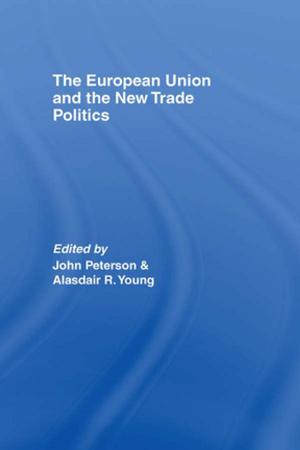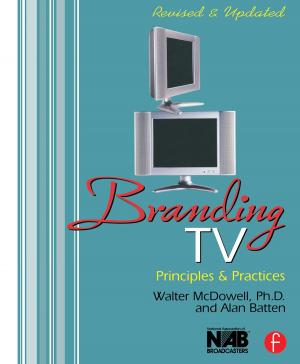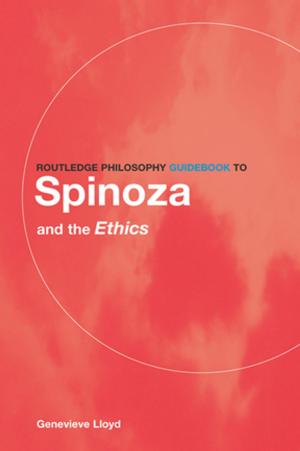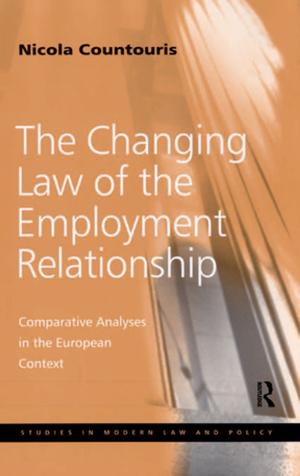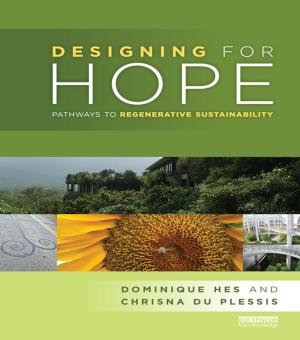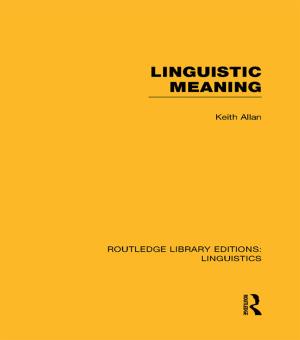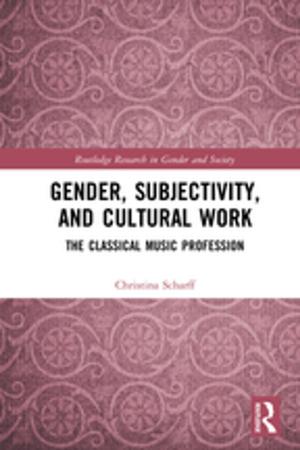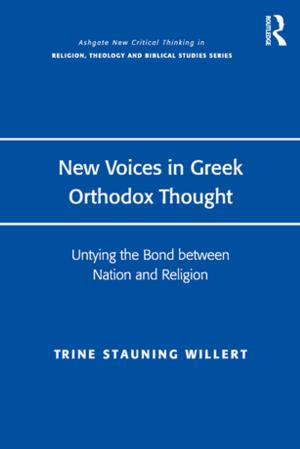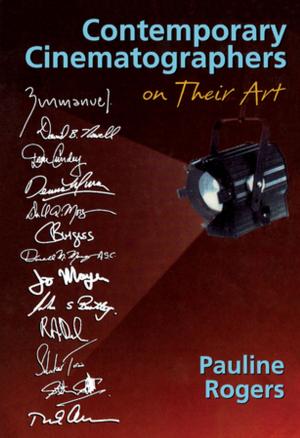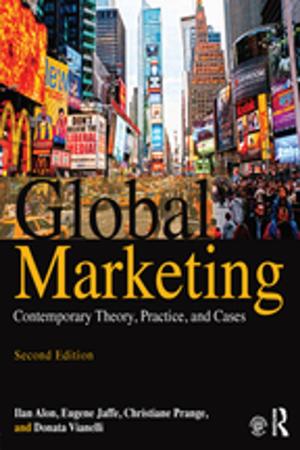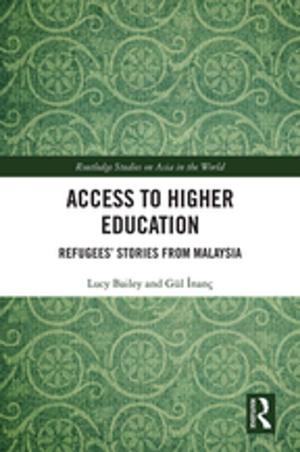Testing Times
The Uses and Abuses of Assessment
Nonfiction, Reference & Language, Education & Teaching, Educational Theory, Testing & Measurement, Educational Psychology| Author: | Gordon Stobart | ISBN: | 9781134137022 |
| Publisher: | Taylor and Francis | Publication: | March 18, 2008 |
| Imprint: | Routledge | Language: | English |
| Author: | Gordon Stobart |
| ISBN: | 9781134137022 |
| Publisher: | Taylor and Francis |
| Publication: | March 18, 2008 |
| Imprint: | Routledge |
| Language: | English |
Assessment dominates our lives but its good intentions often produce negative consequences. An example that is central to this book is how current forms of assessment encourage shallow ‘for-the-test’ learning. It is true to say that as the volume of assessment increases, confidence in what it represents is diminishing. This book seeks to reclaim assessment as a constructive activity which can encourage deeper learning. To do this the purpose, and fitness-for–purpose, of assessments have to be clear.
Gordon Stobart critically examines five issues that currently have high-profile status:
- intelligence testing
- learning skills
- accountability
- the ‘diploma disease’
- formative assessment
Stobart explains that these form the basis for the argument that we must generate assessments which, in turn, encourage deep and lifelong learning.
This book raises controversial questions about current uses of assessment and provides a framework for understanding them. It will be of great interest to teaching professionals involved in further study, and to academics and researchers in the field.
Assessment dominates our lives but its good intentions often produce negative consequences. An example that is central to this book is how current forms of assessment encourage shallow ‘for-the-test’ learning. It is true to say that as the volume of assessment increases, confidence in what it represents is diminishing. This book seeks to reclaim assessment as a constructive activity which can encourage deeper learning. To do this the purpose, and fitness-for–purpose, of assessments have to be clear.
Gordon Stobart critically examines five issues that currently have high-profile status:
- intelligence testing
- learning skills
- accountability
- the ‘diploma disease’
- formative assessment
Stobart explains that these form the basis for the argument that we must generate assessments which, in turn, encourage deep and lifelong learning.
This book raises controversial questions about current uses of assessment and provides a framework for understanding them. It will be of great interest to teaching professionals involved in further study, and to academics and researchers in the field.

